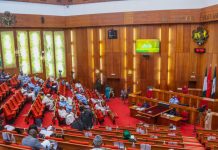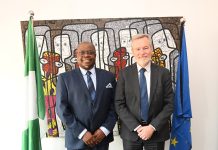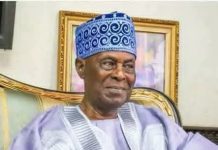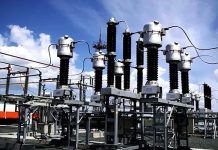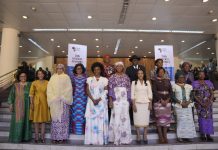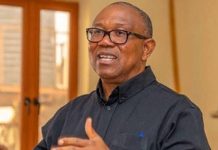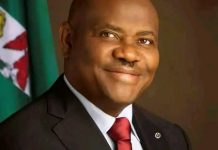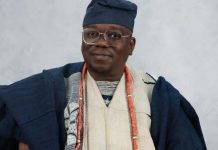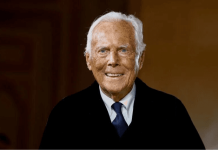President of African Development Bank (AfDB) Dr Akinwumi Adesina, has tasked Africa to overhaul its approach towards achieving fast-paced growth and development “because the era of aid and free money is gone”.
Adesina said this in his speech as the Special Guest Lecturer at 14th Convocation lecture of National Open University of Nigeria (NOUN) in Abuja on Friday.
The programme had as its theme, “Advancing Africa’s Positioning within Global Development and Geopolitical Dynamics”.
He said: “African countries must now learn to develop via investment discipline; countries can no longer rely on aid for growth or count it as part of government revenue, as has been the case for decades. Benevolence is not an asset class.
“More aggressive measures are needed for countries to expand domestic resource mobilisation. This needs to go beyond simply increasing taxes. Countries must have stricter and more transparent management and accountability over the vast natural resources on the continent. This must include fair pricing of assets, the payment of the right values for royalties and taxes by international cooperations, as well as reducing leakages via inefficiencies, corruption and illicit capital flows.”
Speaking on what higher US tariffs mean for Africa, he said 47 out of 54 African countries were placed on higher tariffs and that there will be significant reduction in exports and foreign exchange availability.
“This will send other shock waves through African economies. Local currencies will weaken on the back of reduced foreign exchange earnings. Inflation will increase as costs of imported goods rise and currencies devalued against the US dollar. The cost of servicing debt as a share of government revenue will rise as expected revenue declines,” he said.
“These global tariffs will also have significant indirect effects on Africa as its exports to developed countries such as China and others in Europe and Asia will buy goods from Africa, which will affect Africa’s export revenues.
While advising Africa not to get into tariff war with the US, he said, “What is needed is more trade with Africa from the US”.
He said the current dynamics call for a recalibration of the trade and investment opportunities between the US and Africa.”
On the challenge of energy transition, Adesina said Africa will play a critical role in global energy transition because it is a major source of the minerals, which include cobalt, bauxite, graphite, manganese and vanadium.
He said: “Africa must also carefully negotiate its engagement in the global geopolitical rush for critical minerals and rare earth elements. Africa can be competitive in this global value chain. It must move away from exporting raw minerals and move into processing and value addition to benefit from the high returns at the top of global value chains.”
Reacting, the Chairman of the Occasion and Pro-Chancellor & Chairman of Council, Usumanu Danfodiyo University, Sokoto, Prof Attahiru Jega, thanked Adesina for thought-provoking lecture and expressed satisfaction with the delivery.
He said: “I think the only thing to add is to thank you most sincerely for sparing time to be here with us, to share his experiences and his ideas with us, and to enrich us in terms of understanding the efforts that have gone into trying to reposition Africa and global development in spite of all the challenges associated with the dynamics of geopolitics.”
“We need leaders that are visionary, that are selfless, and that can really pursue an independent course in terms of addressing the fundamental needs and aspirations of our women, particularly in a very turbulent world.”


